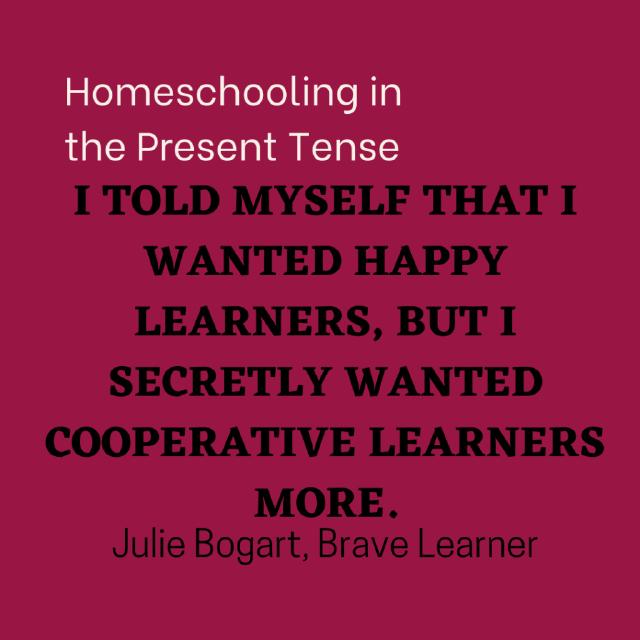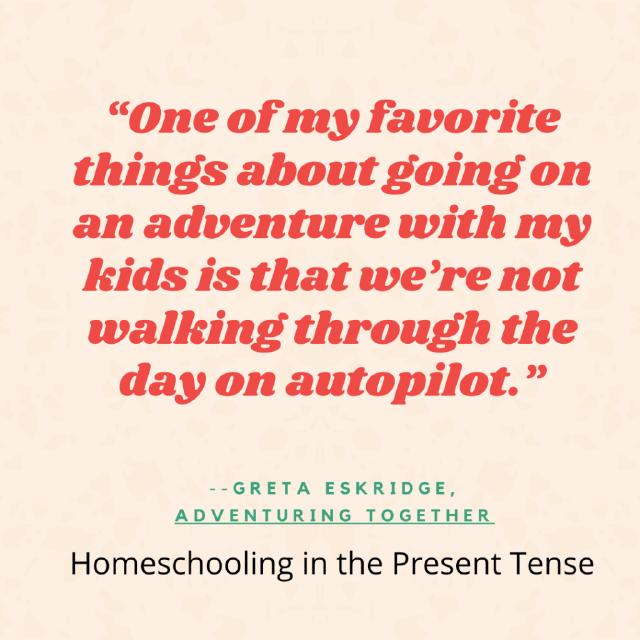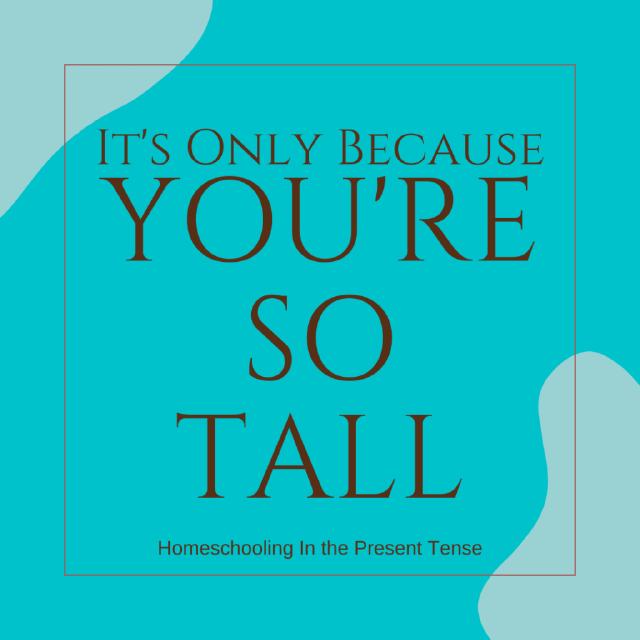Jealousy Perniciously Punishes
We may think our envy is innocent, but it has enormous impact.
We begin by thinking, “I don’t have what I want.” We look around and notice someone who does have the thing we are lacking. Perhaps the thing we want is obedient children, or academic success, or financial security. We start to think about why they don’t deserve what they have. We pass judgment on them and their worthiness. If we can’t have it, we don’t want them to have it either.
2 minutes to read








